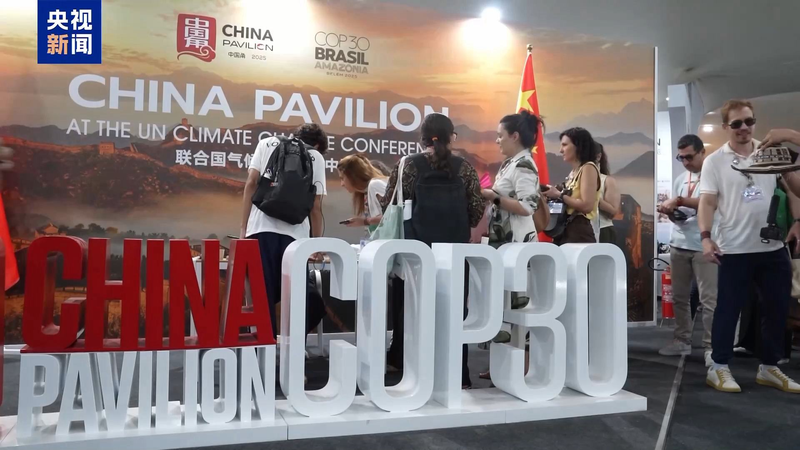At the ongoing COP30 conference in Belém, Brazil, China’s carbon market development has become a highlight, attracting attention from governments, businesses, and NGOs. During a side event at the China Pavilion, Li Gao, vice minister of ecology and environment, shared key lessons from China’s emissions trading system (ETS) rollout.
Since launching its national ETS in 2021, China has steadily expanded coverage to include steel, cement and aluminum industries. By the end of October 2025, the system recorded over 770 million tonnes of carbon allowances traded, valued at more than 51.8 billion yuan (approximately $7.3 billion).
Li Gao emphasized three pillars of China’s approach: tailoring the market to national conditions, harnessing technology for data quality and management, and strengthening international cooperation for mutual recognition of carbon credits. “Building a robust ETS requires clear rules, reliable data and global partnerships,” he noted.
The voluntary emissions reduction market has also seen rapid growth, fostering low-carbon technology projects and creating new revenue streams for ecological products. This dual-track model is helping businesses innovate and scale up sustainability efforts.
At the event, representatives from the World Bank, the European Commission and other organizations exchanged experiences. Valerie Hickey, global director for Climate Change at the World Bank, described China’s ETS as “a model of steady and expanding growth” and urged deeper global collaboration to enhance market efficiency and inclusivity.
Diana Acconcia, director for international affairs and climate finance at the European Commission’s Directorate-General for Climate Action, welcomed the improvements and pledged EU support for developing countries seeking to establish effective carbon pricing systems in partnership with China.
As COP30 unfolds this week, China’s carbon market stands as a testament to the power of data-driven policy and international dialogue. The insights shared here could shape the next wave of global carbon pricing and climate action.
Reference(s):
China's carbon market development draws global attention at COP30
cgtn.com




